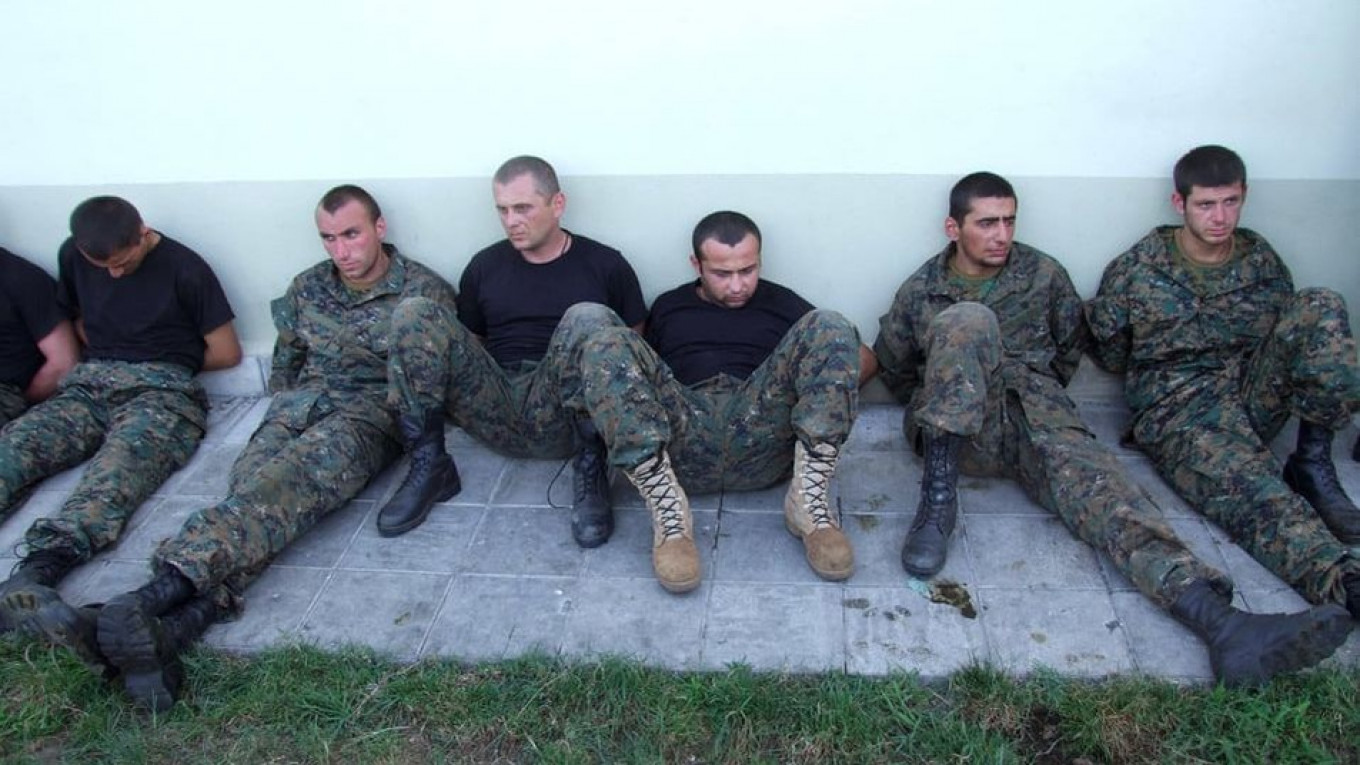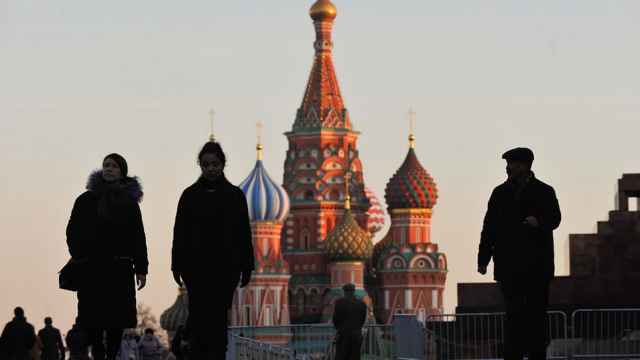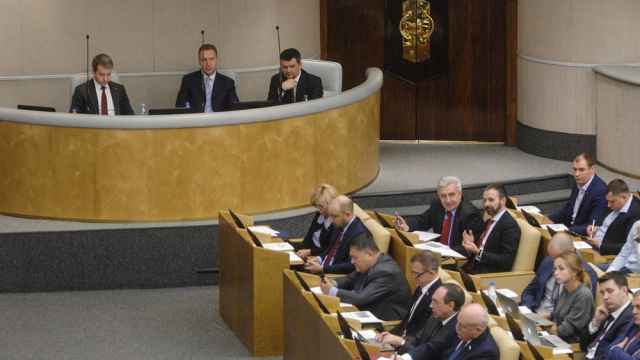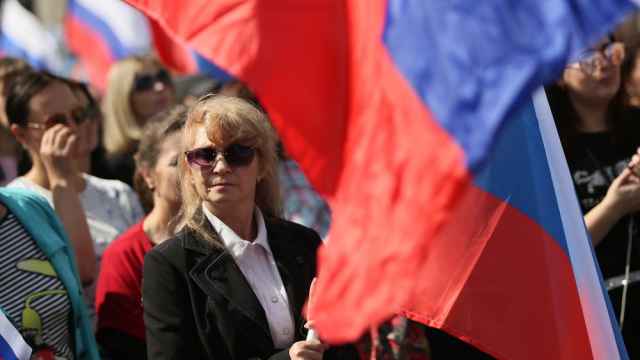On the 10th anniversary of the Russia-Georgia war, more Russians blame Georgia than leadership in Moscow for the conflict, according to an independent Levada Center poll published Monday.
The war, which began over the breakaway region of South Ossetia on Aug. 8, 2008 and ended five days later, was Russia’s biggest combat operation outside its borders since the U.S.S.R. occupied Afghanistan. Russia recognizes the independence of South Ossetia and Abkhazia, both of which Georgia considers part of its territory.
Of Russians who are familiar with the conflict, 34 percent said they hold Georgian leadership liable. Twenty-four percent of the respondents accused the United States and NATO of starting the war, according to Levada’s polling data.
Only 8 percent of respondents named Russia the aggressor in the war, while the majority maintained that Russia “did its utmost to avoid bloodshed.”
“After the end of the conflict, the media severely restricted any information about Georgia altogether, either negative or positive,” Lev Gudkov, head of Levada, explained to the Kommersant business daily.
Eighteen percent of Levada’s poll respondents said they were hearing about the war for the first time, while 56 percent said they had “heard something about it.”
Less than a quarter of the respondents said they felt knowledgeable about the war.
Gudkov argued that anti-Georgian propaganda and a lack of post-war news from Georgia shaped public opinion today.
“Since the media actively broadcast [news of the Ukrainian conflict that broke out in 2014], people just began to forget about the 2008 war,” he told Kommersant.
Levada conducted the survey between July 19 and July 25 among 1,600 respondents in 52 Russian regions.
A Message from The Moscow Times:
Dear readers,
We are facing unprecedented challenges. Russia's Prosecutor General's Office has designated The Moscow Times as an "undesirable" organization, criminalizing our work and putting our staff at risk of prosecution. This follows our earlier unjust labeling as a "foreign agent."
These actions are direct attempts to silence independent journalism in Russia. The authorities claim our work "discredits the decisions of the Russian leadership." We see things differently: we strive to provide accurate, unbiased reporting on Russia.
We, the journalists of The Moscow Times, refuse to be silenced. But to continue our work, we need your help.
Your support, no matter how small, makes a world of difference. If you can, please support us monthly starting from just $2. It's quick to set up, and every contribution makes a significant impact.
By supporting The Moscow Times, you're defending open, independent journalism in the face of repression. Thank you for standing with us.
Remind me later.






